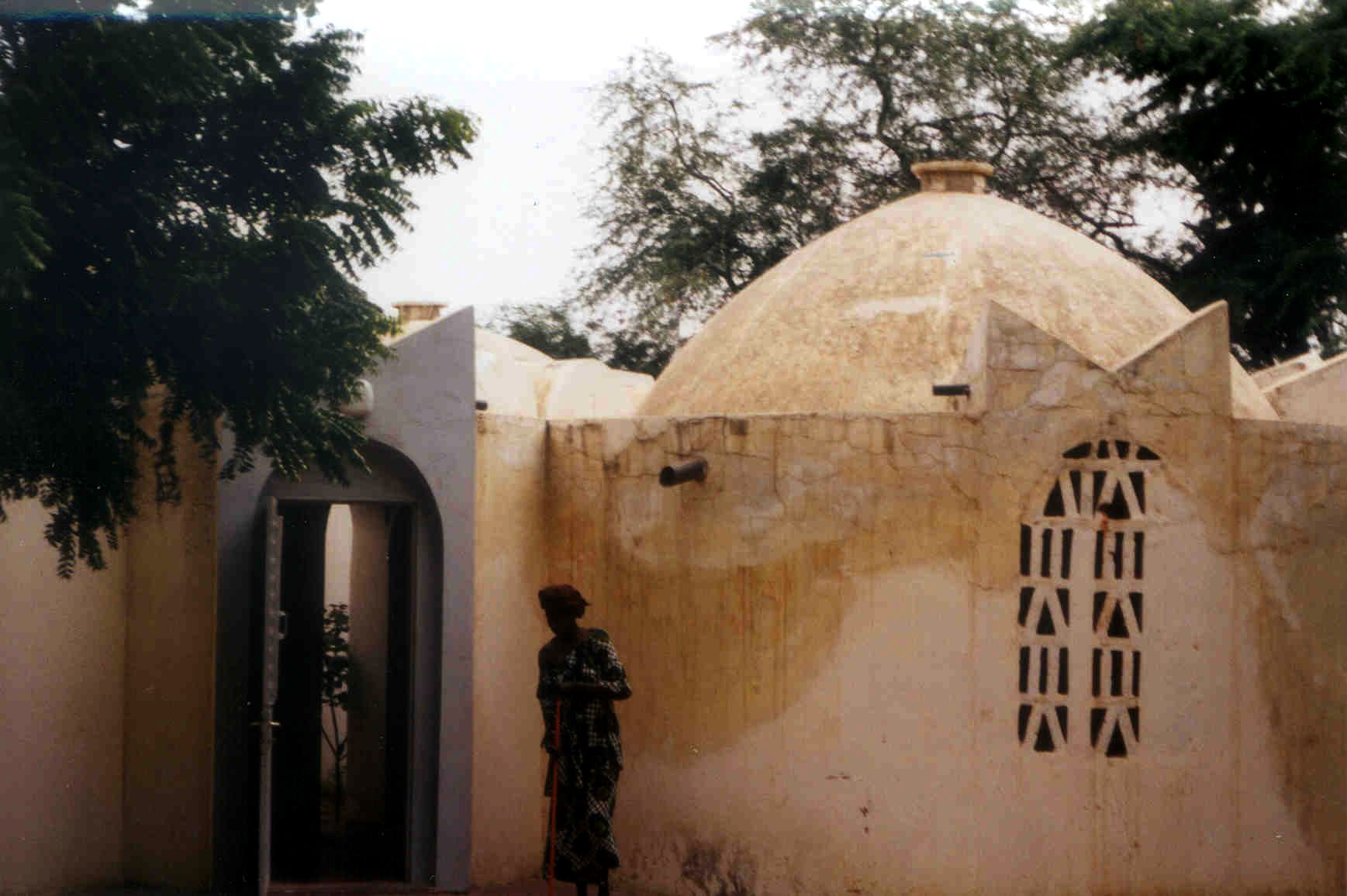Mine!

They mean well. As they see it, they’re protecting those who are less able to defend themselves, but I feel that accusations of cultural appropriation are ultimately unhelpful.
It’s always good to think twice about what you’re saying – or writing, or whatever you do to create your work of art. But the logic of the ban on “cultural appropriation” leads to a shutting down of pretty well every work of imagination.
Recently, for example, Jeanine Cummins’s "American Dirt" has provoked a major eruption of outrage at another example of this crime. How dare she, a white middle class woman of the anglosphere, even consider imagining the life of a middle class woman from Mexico, let alone having the temerity to write about it? She cannot possibly know what it’s like, and therefore hasn’t the right to depict it. Only one’s own, personal, actually lived experience is legitimate material for imaginative fiction, it seems.
I can’t help but find this argument to be complete nonsense. Following it leads to no "Watership Down", no "Wizard of Oz", no "Alice in Wonderland" – and no historical or science fiction of any sort. Only astronauts (and cosmonauts) should write about space travel. Only time travellers may write about the past.
At heart it’s the same old question: do the artist and the art have a separate existence, or must the art must always be viewed through the prism of (your knowledge of) the person of the artist. What if you know nothing about the artist? Does it change “Gawain and the Green Knight” that we don’t know who wrote it? Or “Beowulf”?
Surely, if the work convinces as art, then the person and identity of the artist is not relevant. History is full of works of art made by people whose life is quite different from the story they’ve told (and of totally obnoxious people who have nonetheless created great art).
"Hamlet" is a great work of art whether Shakespeare wrote it or Bacon or the Earl of Oxford (none of whom were known to have any great knowledge of the Court of Denmark). Let art speak for itself. And if it doesn’t speak to you – well, you’re a grown up. You’re free to pass on by.
(The picture is one of mine from a village in Senegal.)
